Leadership in Embedded Security Workshop
August 12-13, 2018
Baltimore Marriott Waterfront
Baltimore Marriott Waterfront, Aliceanna Street, Baltimore, MD, USA
Event Contact
Ann Drobnis
adrobnis@cra.org
Event Type
2018 Events, 2018 Visioning Activities
Event Category
Tags
cyberphysical systems, cybersecurity, embedded security, internet of things, IoT
The Cybersecurity Taskforce of the CCC will hold a leadership workshop to envision the future of embedded security research and education from hardware to cyberphysical systems to human factors. The event will begin with a reception on the evening of August 12th and conclude by 5 PM on August 13th. It will be co-located with the 27th USENIX Security Symposium. The workshop co-chairs are Wayne Burleson (UMass Amherst), Kevin Fu (CCC Cybersecurity Taskforce Chair, University of Michigan), and Farinaz Koushanfar (UCSD).
Embedded systems such as pacemakers, autonomous vehicles, and the Internet of Things often have real-time constraints and electromechanical components that lead to qualitatively different vulnerabilities and solutions from traditional computing systems. Embedded security is the study of physical properties, computational properties, and human factors to protect such embedded systems from attack.
Participants will consist of invited faculty members, industrial researchers, and government agency program managers selected based upon submission of a thought-provoking one-page position statement on embedded security.
Our event will consist of deep dive group discussions as well as short visionary talks by several international speakers to lend perspectives on successful strategies for funding embedded security research overseas. Confirmed panelists include:
US: Sam Fuller, CTO Emeritus of Analog Devices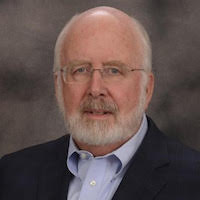 |
China: Wenyuan Xu, Zhejiang University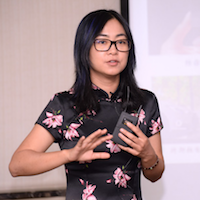 |
Korea: Yongdae Kim, Korea Advanced Institute of Science and Technology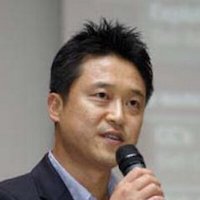 |
UK: Ross Anderson, University of Cambridge This text should be invisible 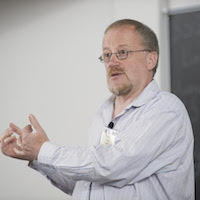 |
You can find the full list of panelists in the speakers tab.
The desired outcome of the meeting is a white paper synthesized from discussions and position papers to inform the National Science Foundation and other executive branch agencies on national strategic directions for academic research in embedded security to address gaps in knowledge and the student pipeline.
Applications are closed for this event. The workshop organizers will notify the selected attendees by June 15th. Please see the application tab for more information about the application process.
August 12, 2018 (Sunday)
| 06:00 PM | Welcome Reception | Bristol Room, 3rd Floor |
August 13, 2018 (Monday)
| 08:00 AM | Breakfast Available | Grand Ballroom Foyer, 3rd Floor |
| 09:00 AM | Welcome and Introduction | Dover Room, 3rd Floor |
| 09:30 AM | Keynote - Sam Fuller (Analog Devices) | Dover Room, 3rd Floor |
| 10:00 AM | Machine Learning and Embedded Security - Farinaz Koushanfar (UC San Diego) | Dover Room, 3rd Floor |
| 10:20 AM | Speaker Q&A | Dover Room, 3rd Floor |
| 10:30 AM | BREAK | Grand Ballroom Foyer, 3rd Floor |
| 10:45 AM | International Perspectives Panel
| Dover Room, 3rd Floor
|
| 11:45 AM | Program Manager Panel
| Dover Room, 3rd Floor
|
| 12:45 PM | Lunch | Dover Room, 3rd Floor |
| 01:45 PM | Group Breakout Sessions | Dover Room, 3rd Floor |
| 03:00 PM | BREAK | Grand Ballroom Foyer, 3rd Floor |
| 03:15 PM | Report Out and Group Discussion | Dover Room, 3rd Floor |
| 04:00 PM | Report Writing and Further Discussion | Dover Room, 3rd Floor |
| 05:00 PM | Conclude Workshop |
Confirmed panelists:
Ross Anderson, University of Cambridge |
Srdjan Capkun, ETH Zürich, Switzerland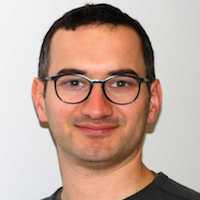 |
Brian Fitzgerald, FDA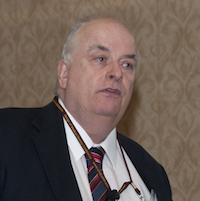 |
Sam Fuller, CTO Emeritus of Analog Devices |
Yongdae Kim, Korea Advanced Institute of Science and Technology |
Sandip Kundu, National Science FoundationThis text should be invisible 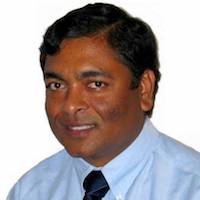 |
Douglas Maughan, Department of Homeland Security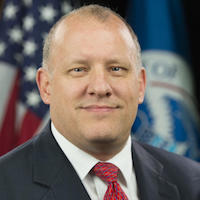 |
Tomas Vagoun, NITRD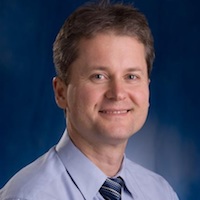 |
Wenyuan Xu, Zhejiang University |
Co-chairs
Kevin Fu, University of Michigan This text should be invisible 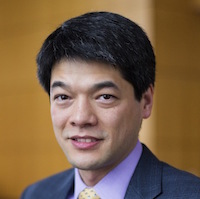 |
Wayne Burleson, University of Massachusetts Amherst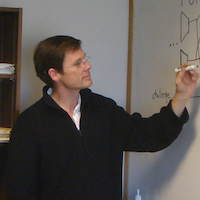 |
Farinaz Koushanfar, University of California, San Diego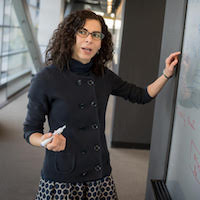 |
With Support from the CCC Cybersecurity Task Force
Nadya Bliss, Arizona State University |
Keith Marzullo, University of Maryland |
Greg Morrisett, Cornell University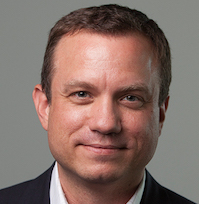 |
The Computing Community Consortium (CCC) will cover domestic travel expenses for participants who desire it. Participants are asked to make their own travel arrangements to get to the workshop, including purchasing airline tickets. Following the workshop, CCC will circulate a reimbursement form that participants will need to complete and submit, along with copies of receipts for amounts exceeding $75.
In general, standard Federal travel policies apply: CCC will reimburse for non-refundable economy airfare on U.S. Flag carriers; and no alcohol will be covered.
For more information, please see the Guidelines for Participant Reimbursements from CCC.
Additional questions about the reimbursement policy should be directed to Ann Drobnis, CCC Director (adrobnis [at] cra.org).
The workshop participants will be selected from among the responses to a call for 1-page position papers that address:
- a grand challenge,
- at a time-scale of 5-10 years out,
- requiring multiple experts or subdisciplines,
- identifying gaps in research,
- and presenting compelling opportunities for embedded security research and education.
The following list suggests some possible topics for the position papers, but any embedded security topic is welcome. This list is not exhaustive, but represents the broad definition of embedded security.
- Threat Models in Embedded Security
- Side channels: Passive and Active
- Sensors and Actuators
- Physical attacks and defenses
- Counterfeiting, trojans
- Reverse engineering
- IP theft
- Tampering
- Third party IP integration
- Defenses:
- Anti-counterfeit, anti-tamper, obfuscation
- Embedded crypto: Symmetric and asymmetric, secure hashing, TRNG
- Energy-constrained security
- IP protection and tracing
- Verification
- Embedded Security Design Patterns
- Computer architecture
- HW-SW co-design
- Applications
- Industrial controls
- Autonomous vehicles
- Aviation
- Medical devices
- Power-grid
- Smart homes
- IoT
- Operational Technology
- Cyberphysical Security
- Human Factors in Embedded Systems: Psychology, Sociology, Economics, Policy
- Post-Quantum Cryptography in Embedded Systems
- Security Economics
- Protecting Legacy Systems
Applications are closed for this event. The workshop organizers will notify the selected attendees by June 15th.
The CCC will offer domestic travel reimbursement for all participants who desire it. See the logistics tab for more information.






